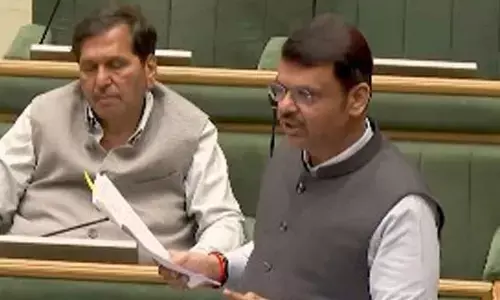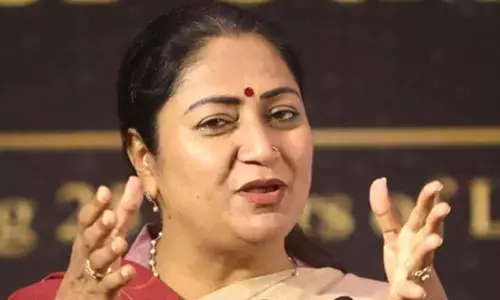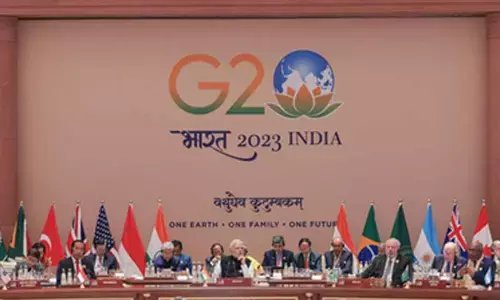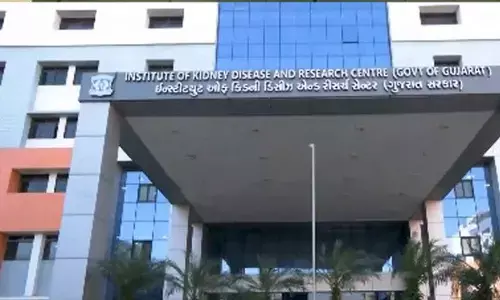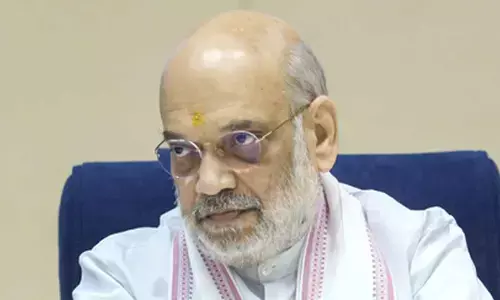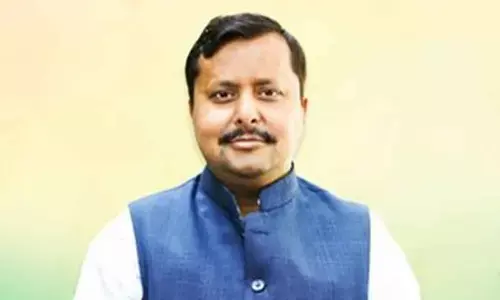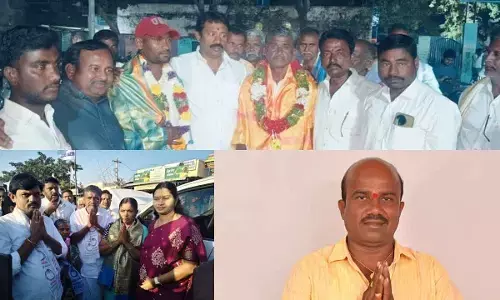S. Jaishankar calls India 'beacon of hope', 2024 important year for democracy
Share :
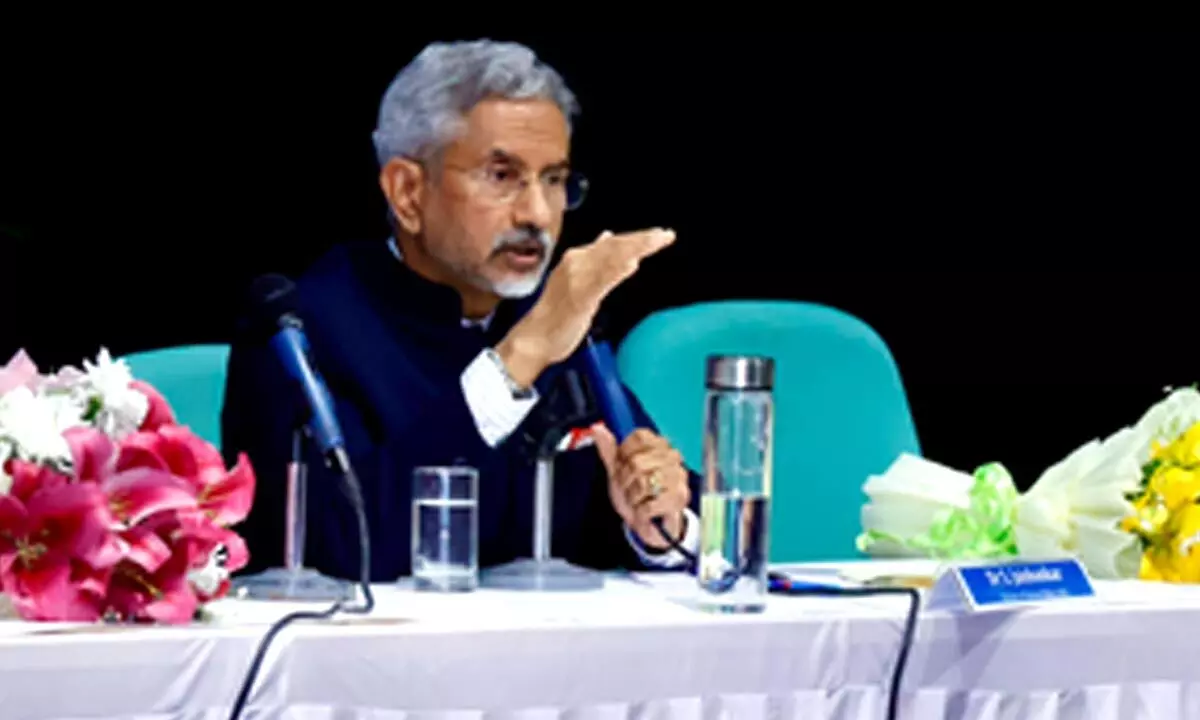
Calling India a "beacon of hope and resilience" in a world where the principles of democracy are constantly tested, External Affairs Minister S. Jaishankar has said the year 2024 is important for India with nearly 960 million voters gearing up to exercise their right to vote.
New Delhi: Calling India a "beacon of hope and resilience" in a world where the principles of democracy are constantly tested, External Affairs Minister S. Jaishankar has said the year 2024 is important for India with nearly 960 million voters gearing up to exercise their right to vote.
With the Lok Sabha elections scheduled to be held in the coming months, EAM Jaishankar said that voting is "not merely a political exercise but a celebration of democracy, a festival where every voice resonates, and every vote counts".
"In a world where the principles of democracy are constantly tested, India stands as a beacon of hope and resilience, showcasing the power of the people to shape their collective future," the Minister said, speaking virtually at the 55th Session of the Human Rights Council on Monday.
Reaffirming India's steadfast commitment to global promotion and protection of human rights, EAM Jaishakar said that India's approach to human rights is rooted in its democratic principles and pluralistic ethos.
"Our Constitution guarantees protection of civil and political rights and provides for progressive realisation of economic, social, and cultural rights."
With the world facing multiple crises, highlighting glaring global inequities, India, he said, has much to contribute as its society and polity are anchored by institutional strengths of an "independent judiciary, robust media, and vibrant civil society".
"Our society and polity are anchored by our institutional strengths of an independent judiciary, robust media, and vibrant civil society. These values have continued to inform India's policies, domestically and globally. And therefore, I believe, we have much to contribute," the Minister added.
Once again emphasising the principle of 'Vasudaiva Kutumbakam', he said India -- as the world's most populous nation and fifth largest economy -- "always stands ready to share our experiences and expertise with those who wish to benefit from it".
"Our development cooperation, which spans the globe, is guided by the priorities of our partners; creates local capacities; and adheres to fiscal responsibility and transparency. India has been at the forefront of lending a helping hand when it is most needed," he said, citing India's actions as a first responder during disaster emergencies in Turkiye and Syria last year, Sri Lanka's economic crisis, and the Covid pandemic.
Eulogising Prime Minister Narendra Modi's vision of inclusive development with everyone's participation, trust, and contribution, he said that the country is "firm in its resolve to ensuring a life of dignity to its people".
EAM Jaishankar spoke of empowering women in legislatures and said that India's rapid progress in meeting SDG targets, financial inclusion, and democratisation of technology will be of help to other countries on a similar journey.
Asserting that international humanitarian law must always be respected, he denounced terrorism and hostage-taking and added that steps must be taken to ensure that the conflict does not spread within or beyond the region.
The Minister expressed India's concerns on the Gaza conflict and said that the humanitarian crises arising from conflicts require a sustainable solution.
"The conflict in Gaza is of great concern to us all. The humanitarian crises arising from conflicts require a sustainable solution that gives immediate relief to those most affected," he said, adding that efforts must also focus on seeking a two-state solution where Palestinian people can live within secure borders.
"Genuine dialogue as the only way to find solutions is not just an imperative, but in fact, inevitable. It is, therefore, in our collective interest - and responsibility - to work together in the UN and outside, to find lasting solutions to geopolitical challenges," he said.
The EAM reiterated that for multilateralism to be "credible, effective and responsive", now is the time to reform outdated structures and fix systemic flaws, and "urgently make multilateral frameworks fit for purpose, reflecting current global realities".







